February 2, 2026
New white paper offers actions for managing trauma in the workplace
 A new white paper offering practical guidance for employers on how to recognise, understand and respond to trauma in the workplace has been published by Nottingham Business School (NBS), part of Nottingham Trent University. Recent national figures show that more than 8.5 million adults in England and Wales are survivors of childhood abuse, underlining the scale of trauma?related experiences within the UK workforce. Managing Trauma in the Workplace: Strategies for Wellbeing and Organisational Resilience brings together research, survivor perspectives, and evidence?based recommendations to help HR professionals and managers create psychologically safe working environments. (more…)
A new white paper offering practical guidance for employers on how to recognise, understand and respond to trauma in the workplace has been published by Nottingham Business School (NBS), part of Nottingham Trent University. Recent national figures show that more than 8.5 million adults in England and Wales are survivors of childhood abuse, underlining the scale of trauma?related experiences within the UK workforce. Managing Trauma in the Workplace: Strategies for Wellbeing and Organisational Resilience brings together research, survivor perspectives, and evidence?based recommendations to help HR professionals and managers create psychologically safe working environments. (more…)











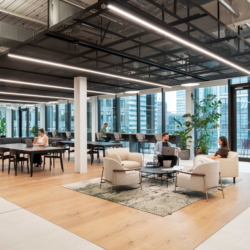
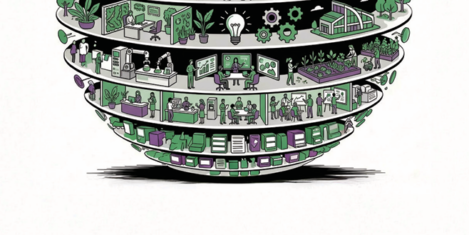
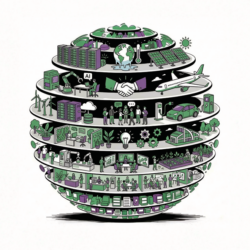






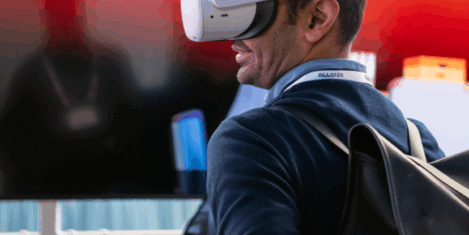
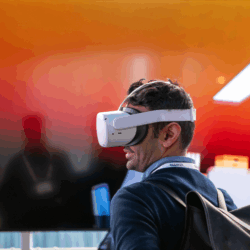
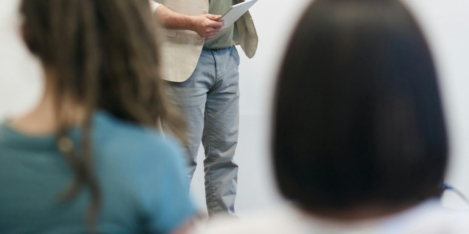











January 19, 2026
Forget all the talk of Blue Monday; work is still (largely) good for us
by Mark Eltringham • Comment, Facilities management, Wellbeing, Workplace